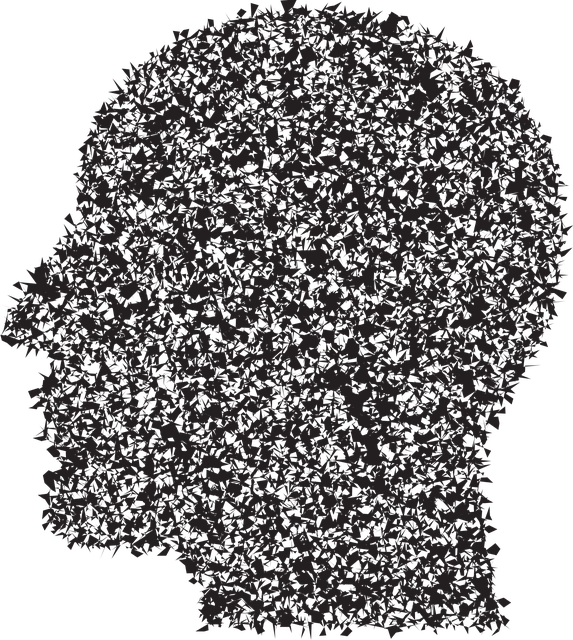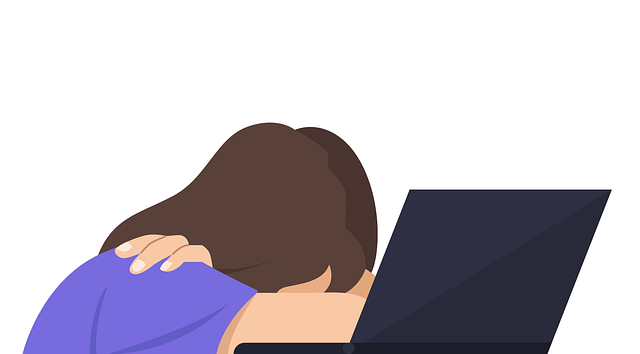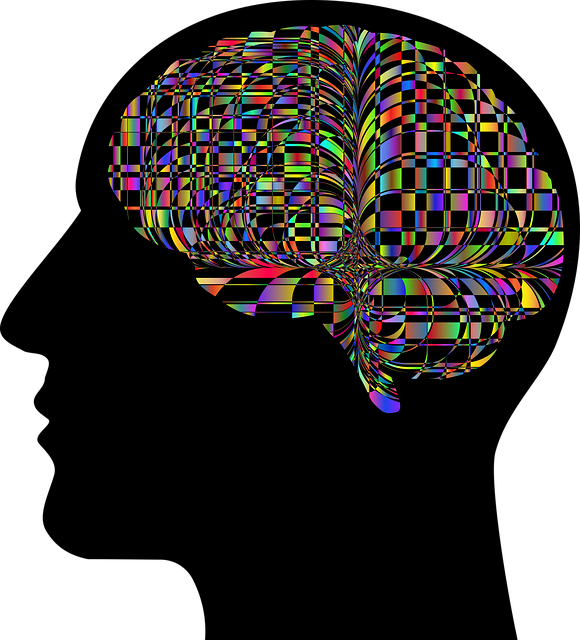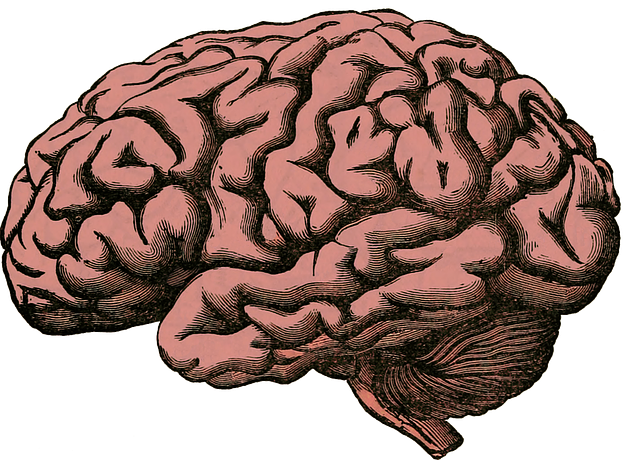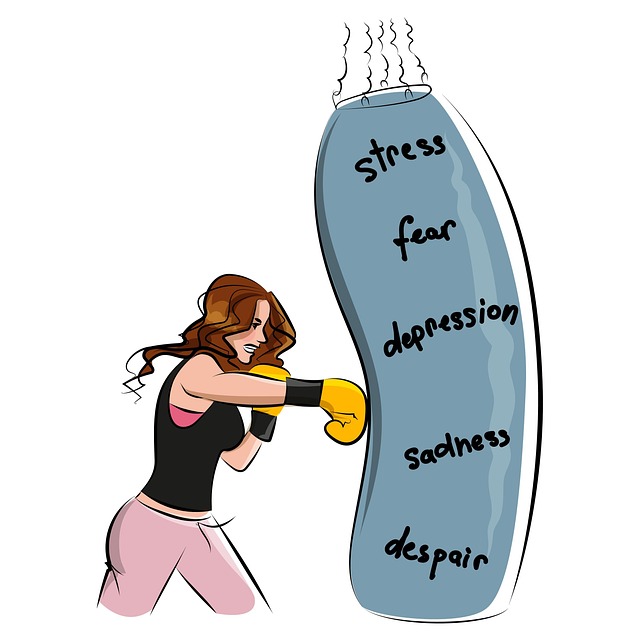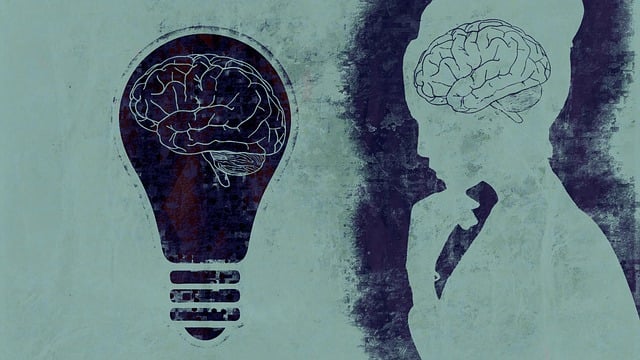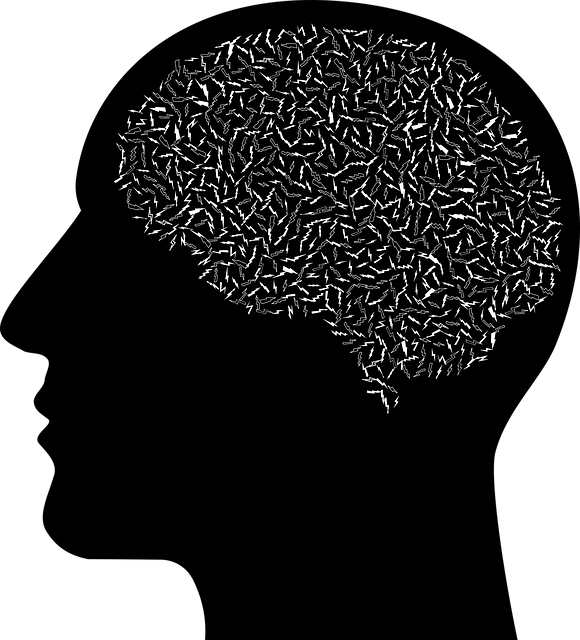Mental health advocacy initiatives, focusing on raising awareness and educating communities about complex conditions like OCD, are essential in fostering understanding and encouraging professional therapy without stigma. CBT, ERP, and integrated therapies offer effective treatment for OCD, leading to improved mental wellness. Community engagement through support groups, workshops, and outreach programs promotes cultural sensitivity, reduces stigma, and encourages individuals to seek help. Challenges include balancing open dialogue with privacy concerns; empathetic education and stress reduction methods can empower individuals to share experiences without judgment, destigmatizing therapy-seeking for disorders like OCD.
Mental health advocacy initiatives are transforming lives, especially in addressing complex conditions like Obsessive Compulsive Disorder (OCD). This article delves into the multifaceted aspects of mental health activism, exploring its profound impact on society. We examine OCD’s intricate complexities and emphasize the critical role of therapy in providing effective treatments. Additionally, we discuss community engagement strategies that empower individuals and families, while navigating challenges to advocate for improved mental health support, with a focus on accessible therapy for OCD.
- Understanding Mental Health Advocacy: A Necessary Movement
- The Impact of OCD: Unraveling the Complexities
- Therapy as a Tool: Effective Treatments for OCD
- Community Engagement: Empowering Individuals and Families
- Navigating Challenges: Overcoming Barriers to Advocate for Mental Health
Understanding Mental Health Advocacy: A Necessary Movement

Mental health advocacy initiatives are a necessary movement to shed light on and destigmatize various mental health conditions. It involves raising public awareness, educating communities, and promoting access to quality care. In many cases, like with Therapy for Obsessive Compulsive Disorder (OCD), advocates play a crucial role in ensuring individuals receive the support they need. OCD is a complex mental health challenge characterized by intrusive thoughts and repetitive behaviors, which can significantly impact daily life.
Advocacy efforts, through public awareness campaigns development and dissemination of evidence-based information, help foster understanding and empathy. By promoting positive thinking and Mind Over Matter principles, these initiatives encourage individuals to seek professional help without fear of judgment. Such movements are essential for creating an inclusive environment where people with mental health conditions can thrive, leading to improved overall well-being and a more supportive society.
The Impact of OCD: Unraveling the Complexities

Obsessive Compulsive Disorder (OCD) is a mental health condition that significantly impacts an individual’s daily life and overall mental wellness. Beyond the common understanding, OCD presents complex challenges that often require specialized therapy for obsessive-compulsive disorder to effectively manage symptoms. The disorder involves intrusive thoughts or obsessions that trigger intense anxiety, leading individuals to engage in repetitive behaviors or compulsions as a temporary relief. This cycle can consume vast amounts of time and energy, affecting personal relationships and social skills training.
The complexities of OCD extend beyond the individual, influencing various aspects of society through mental health policy analysis and advocacy. The impact permeates communities, workplaces, and educational institutions, underscoring the need for comprehensive mental health policies that recognize and address OCD. By raising awareness, breaking down stigma, and ensuring accessible therapy for OCD, we can foster a more inclusive environment promoting improved mental health outcomes.
Therapy as a Tool: Effective Treatments for OCD

Therapy plays a pivotal role in managing and treating Obsessive Compulsive Disorder (OCD), offering a range of effective interventions to enhance mental wellness. Cognitive Behavioral Therapy (CBT) is recognized as one of the most successful approaches, focusing on identifying and modifying harmful thought patterns and behaviors. Through CBT, individuals learn to challenge their obsessive thoughts and develop healthier coping strategies. This evidence-based method has proven highly effective in reducing OCD symptoms, leading to improved quality of life.
Additionally, Exposure and Response Prevention (ERP) therapy is another powerful tool within the CBT arsenal. ERP involves gradual exposure to anxiety-provoking situations while preventing the habitual responses that reinforce obsessive behaviors. By facing their fears and resisting compulsions, individuals can experience significant symptom reduction over time. Integrated with other techniques like mental wellness coaching programs, self-esteem improvement exercises, and self-awareness practices, these therapeutic approaches collectively contribute to comprehensive OCD treatment and long-lasting mental health development.
Community Engagement: Empowering Individuals and Families

Community engagement plays a pivotal role in mental health advocacy, especially when it comes to empowering individuals and families affected by conditions like Obsessive Compulsive Disorder (OCD). By fostering open dialogues and providing accessible resources, communities can help reduce the stigma surrounding mental illness. This, in turn, encourages those struggling with OCD to seek therapy for obsessive compulsive disorder without fear of judgment or ostracization. Support groups, education workshops, and community outreach programs are effective tools to promote understanding and dispel myths about mental health issues.
Cultural sensitivity in mental healthcare practice is also essential to ensuring that services meet the diverse needs of the community. Incorporating mental illness stigma reduction efforts into these initiatives can further strengthen community engagement. By addressing cultural barriers and incorporating therapeutic approaches that resonate with different demographics, mental health advocates can offer more inclusive care. This holistic approach not only improves individual outcomes but also fosters a culture where everyone feels comfortable seeking anxiety relief and other mental health services when needed.
Navigating Challenges: Overcoming Barriers to Advocate for Mental Health

Navigating Challenges: Overcoming Barriers to Advocate for Mental Health
Advocacy for mental health is a noble endeavor, but it often comes with its unique set of challenges. One significant hurdle is raising awareness while respecting individual privacy. Many struggle with the delicate balance between encouraging open conversations about mental health and ensuring individuals feel safe to share their experiences without fear of judgment or stigma. For instance, when discussing therapy for Obsessive Compulsive Disorder (OCD), the focus should be on destigmatizing treatment-seeking while maintaining confidentiality.
Effective communication strategies are vital in overcoming these barriers. Mental health education programs designed with an empathetic approach can empower individuals to speak up and seek support. By teaching practical stress reduction methods, we can equip folks with tools to manage their well-being. This, in turn, fosters a community where mental health advocacy becomes not just a personal choice but a collective responsibility.
Mental health advocacy initiatives, such as those addressing obsessive-compulsive disorder (OCD), play a pivotal role in fostering understanding and dismantling stigma. By combining community engagement with effective therapies like those tailored for OCD, we can create a more inclusive and supportive environment. Overcoming barriers through education and proactive navigation ensures that individuals and families receive the help they need, ultimately enhancing mental well-being on a societal level.
